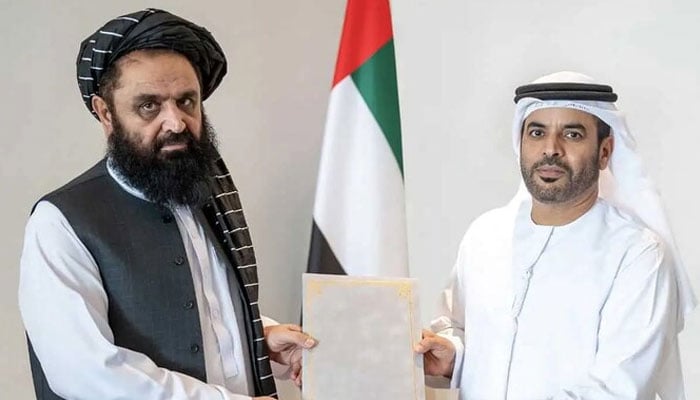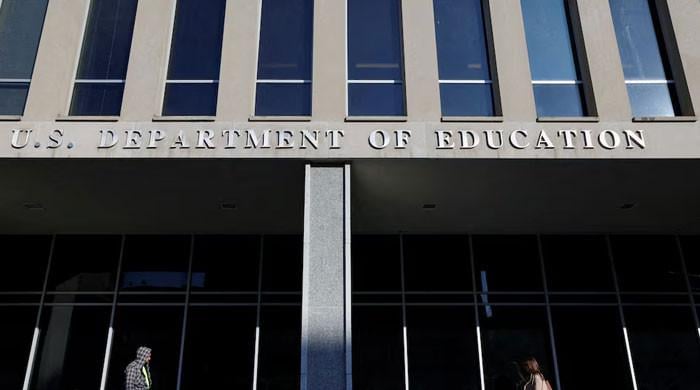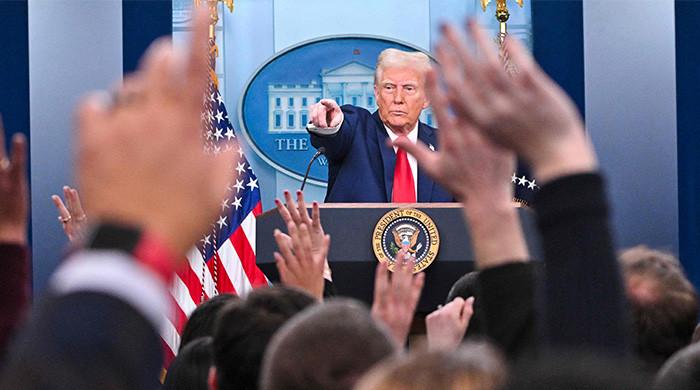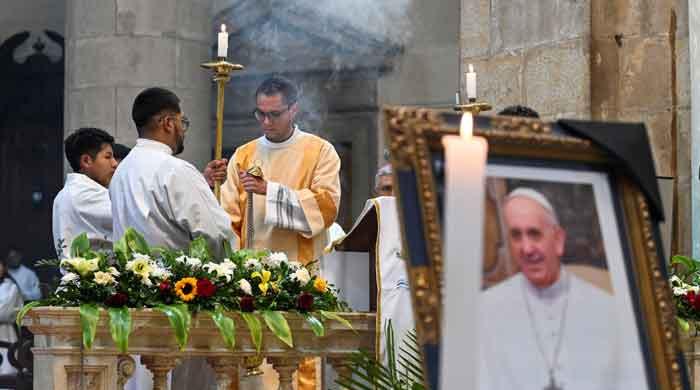In rare move, UAE accepts Taliban government ambassador
Gulf state says committed to "building bridges" to help Afghans as ambassador Haqqani received in Abu Dhabi
August 23, 2024

DUBAI: The United Arab Emirates has accepted the credentials of an ambassador from Afghanistan's Taliban government, officials said, becoming just the second country after China to do so.
The oil-rich Gulf state said it was committed to "building bridges" to help the Afghan people, after the Kabul foreign ministry announced on social media that new ambassador Mawlawi Badruddin Haqqani had been received in a ceremony in Abu Dhabi.
Despite its rivalry with the Taliban, the United States held back from criticising the move, saying it will not affect Washington's relations with the UAE.
The UAE's growing ties with the Taliban government include the management of Afghan airports by an Emirati firm, GAAC, following the withdrawal of US forces and the Taliban's return to power in 2021.
The ambassador's acceptance will be seen as a victory by the Taliban authorities, who remain largely isolated internationally and unrecognised by the United Nations, partly for denying girls access to secondary education.
"The world recognises the challenges faced by Afghanistan over the past few years," an Emirati official said in a statement sent to AFP late on Thursday.
"The decision to accept the credentials of the ambassador of Afghanistan reaffirms our determination to contribute to building bridges to help the people of Afghanistan."
The UAE plans to provide "humanitarian assistance through development and reconstruction projects" and support efforts towards "regional de-escalation and stability", the statement said.











